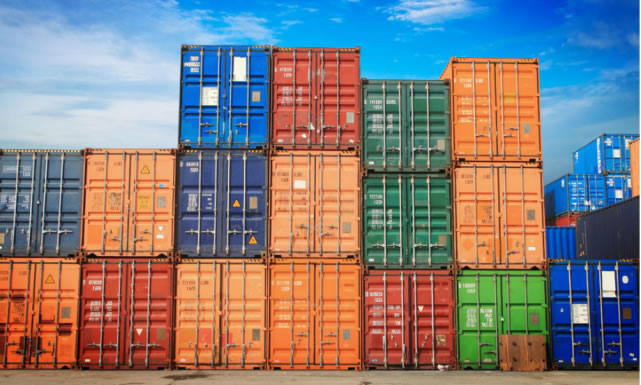Shipping costs have soared
The United Nations Conference on Trade and Development (UNCTAD) recently published the "Maritime Review 2021" that the high freight rates of global shipping are likely to continue in the next few months and will continue to affect economic recovery.
UNCTAD's analysis shows that if the current surge in container freight continues, from now to 2023, global import prices are likely to rise by 11%, and consumer prices are likely to rise by 1.5%. UNCTAD Secretary-General Rebecca Greenspan said: "Before shipping operations are restored, today's surge in freight rates will have a profound impact on trade and harm the socio-economic recovery."
"Reverting to the original state will require investment in new solutions, including infrastructure, freight technology and digitization, as well as trade facilitation measures," she said.
The report stated that during the second half of 2020 and 2021, the demand for goods soared because consumers spent money on goods instead of services during the epidemic lockdown and restriction period. Home office, online shopping, and the increase in computer sales have all placed unprecedented demands on the supply chain.
The substantial increase in container trade flows has encountered the supply side's capacity constraints, including container ship capacity, container shortages, labor shortages, limited epidemics across port areas, and port congestion.
The mismatch between the soaring demand and the reduction in supply capacity has caused the container freight of almost all container trade routes to set a historical record.

The report stated that continued high interest rates have long affected the global supply chain, and emphasized that, for example, Europe has always faced a shortage of consumer goods imported from Asia, such as household goods, bicycles, stationery and sports goods, and toys.
According to the report, the surge in container freight will increase production costs, especially for low-value-added products, and its competitive advantage is likely to be significantly eroded. Such as furniture, textiles, clothing and leather products, rubber and plastic products prices will rise by 9.4%. The production of these items is generally dispersed in low-wage economies far away from key consumer markets; UNCTAD predicts that consumer prices will rise 10.2% as a result.
In addition, most people worry that the continued rise in transportation costs will not only affect imports and exports, but also damage the recovery of global manufacturing. According to the report, US manufacturers are critically dependent on industrial supplies from China and other East Asian economies. Therefore, continued cost pressures, interruptions and delays in container transportation will hinder production, and industrial production in the United States and the Eurozone will be further reduced.


